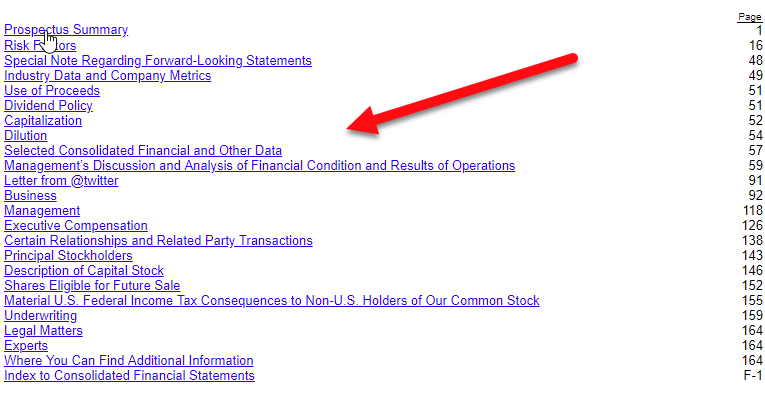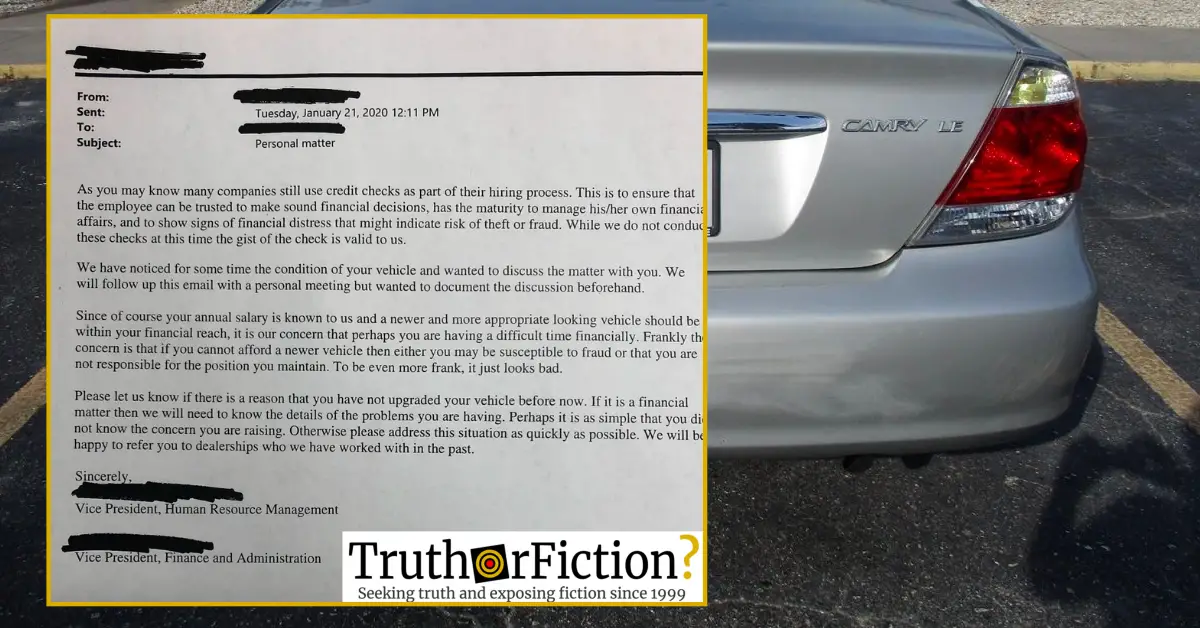Table of ContentsHow What Is A Finance Bond can Save You Time, Stress, and Money.The Definitive Guide to A City Could Issue Which Type Of Bond?Getting The Finance Quizlet When Bond Rates Rise To WorkThe Greatest Guide To What Is New Mexico Activities Or Expenditures Do The Bond Issues FinanceThe smart Trick of What Is A Bond Finance That Nobody is Talking AboutHow What Does The France Bond Market Finance can Save You Time, Stress, and Money.Get This Report on What Is A Bond Personal Finance
Whether you decide to work with a financial professional or self-manage your investments, fixed-income investments ought to be a core part of your investing strategy. In a well-diversified investment portfolio, bonds can offer both stability and foreseeable earnings.
You might have heard that a balanced investing portfolio includes both stocks and bonds, with the ratio between the two varying depending on your age and risk tolerance. Most financial advisors will recommend increasing the percentage of bonds in your financial investment portfolio as you get closer to retirement, the much better to counterbalance the risk of a market crash eliminating your net worth.
A bond is a type of investment in which you as the financier loan cash to a debtor, with the expectation that you'll get your cash back with interest after your term length expires. Bonds are a type of fixed-income financial investment, which means you understand the return that you'll get prior to you purchase.
Bonds are one of two ways you can purchase a company. The other is to purchase a company's stock. While bonds represent a debt investment the business owes you cash stock represents an equity financial investment, which suggests you own part of the business. When you buy a bond, you're providing money to the entity that issued the bond, whether that's a company or a government.
4 Easy Facts About What Is Position Bond Finance Described
When the bond develops, you'll return the cash you paid for the bond, referred to as the principal or the par value, and you'll also get interest on top of it. When you're buying bonds, you'll be able to see each bond's cost, time to maturity and coupon rate.
Coupon rates for brand-new bonds hover around the market rates of interest. So, if you acquire a two-year bond with a par worth of $1,000 and a coupon rate of 4%, then you would earn $40 in interest for each year of the term and $80 in total interest. The majority of bonds will pay out interest two times a year on what are called voucher dates.
The bond market is delicate to fluctuations in the rates of interest. What do we suggest by "the" interest rate? There are lots of various rates of interest, for things like house mortgages and credit cards, but when someone describes "the rate of interest" or "rate of interest" in a basic way, they're describing the rate of interest set by the Federal Reserve.
The Fed utilizes its power to purchase and sell Treasury Bonds to affect rate of interest. When the Fed offers Treasury Bonds, it's taking money that would otherwise circulate in the economy. Money ends up being more limited, that makes borrowing money reasonably more expensive and therefore raises rate of interest. Rate of interest are the expense of obtaining cash.
Some Known Incorrect Statements About How To Calculate Nominal Rate On Treasury Bond Intro To Finance
When the general rates of interest increases, the rate of existing bonds falls. In other words, rates of interest and bond costs have an inverted relationship. Think about it this method: grace financial group llc If interest rates rise, new bonds that are issued will have a greater rates of interest to reflect this change. If you go to offer a bond that has the old, lower rate of interest, you'll need to lower its cost to get anyone to purchase it.
Prospective purchasers will think, "Why pay $1,000 for a bond paying 4% when I could pay $1,000 for a bond paying 5%?" The relationship described above methods that shareholders undergo rates of interest danger. This is the threat that modifications in the rates of interest will make the bonds they hold less important, leaving them with properties they 'd need to sell for less than they paid for them.
The longer the regard to your bond, the more unpredictability there is about what rates of interest will carry out in the period. Obviously, modifications in the rate of your bond are only an issue if you sell before maturity (how to add bond holdings to yahoo finance portfolio). If you hold onto your bonds, you'll get your principal back unless the provider ends up being unable to pay.
This is called credit threat. Bonds are rated by rating agencies that give companies a grade based upon their possibility of default. As you may anticipate, "junk bonds" are bonds that are judged to have a reasonably high risk of default. Interest rate threat is more common amongst business bonds; there's long shot of a government (particularly that of a big developed nation, like the US) defaulting on its debt responsibilities.
What Is Zero Coupon Bond In Finance for Dummies
If you purchase a bond that pays 2% and inflation is at 2.4%, you're basically losing cash by holding that bond. Individuals typically seek to bonds as a safe investment. However, in a low-interest rate environment, the interest that bonds pay might not top inflation rates. Sure, you're really not likely to lose your principal if you buy a safe bond like a Treasury bond.
You can purchase Treasury bonds directly from the US Treasury through its website Treasury Direct. To purchase other kinds of bonds, including community bonds and corporate bonds, you'll go through a brokerage. This might be an online-only brokerage that charges a cost per trade, a brokerage company that charges low fees as a portion of your properties or a full-service brokerage that charges higher costs however provides more in the way of financial suggestions.

Mutual fund will hold numerous bonds in pursuit of greater returns and diversity. A Bond ETF actually trades on the market and provides various tax benefits to bond shared funds. Bond index funds charge lower charges due to the fact that they're passively managed rather than actively managed. They aim to mirror or "index" the general bond market.
These are the mortgage-backed securities (MBSs) that ended up being notorious during the financial crisis. Lots of home mortgage bonds are dependable financial investments, however others are based upon mortgages with a high danger of default. To put it simply, choose sensibly. A bond with a high score uses dependability and certainty. However in the investing world, lower risk tends to mean lower return.
The 10-Second Trick For What Is A Finance Bond
The lower volatility of bonds indicates that many investors choose to balance their portfolio with a mix of bonds and stocks. The closer you are to retirement, the less time you have to weather ups and downs in the stock exchange. That might imply you want to decrease your equity exposure and increase the share of your portfolio that remains in bonds as you approach retirement.
A financial consultant can help you develop a well balanced portfolio with a mix of bonds and other financial investment types. Finding the right financial advisor that fits your needs does not need to be difficult. SmartAsset's complimentary tool matches you with monetary consultants in your area in 5 minutes. If you're ready to be matched with regional consultants that will assist you achieve your financial objectives, start now.
SmartAsset's property allocation calculator can help you understand how risk tolerance influences your investing decisions. Picture credit: iStock.com/ PeopleImages, iStock.com/ sarahwutnam, iStock.com/ DaniloAndjus. The bid/offer spread represents the total deal cost associated with moving a bond from one financier to another. Bonds are bought and traded primarily by institutions like reserve banks, sovereign wealth funds, pension funds, insurance provider, hedge funds, and banks. Insurance coverage business and pension funds have liabilities which essentially consist of fixed amounts payable on fixed dates.
Many individuals who want to own bonds do so through bond funds. Still, in the U.S., nearly 10% of all bonds outstanding are held directly by households. The volatility of bonds (especially brief and medium outdated bonds) is lower than that of equities (stocks). Therefore, bonds are generally viewed as much safer investments than stocks, however this understanding is only partly correct.
Healthcare Finance What Is Municipal Bond for Beginners
Bonds are typically liquid it is often relatively simple for an institution to offer a large amount of bonds without impacting the rate much, which may be more difficult for equities and the relative certainty of a set interest payment twice a year and a fixed swelling sum at maturity is appealing.
However, bonds can also be risky however less dangerous than stocks: Repaired rate bonds go through, meaning that their market rates will decrease in worth when the usually prevailing interest rates increase. Because the payments are fixed, a decline in the market price of the bond indicates a boost in its yield (what is a gt bond (finance)).
This does not impact Article source the interest payments to the bondholder, so long-term financiers who desire a specific quantity at the maturity date do not require to fret about price swings in their bonds and do not experience rate of interest threat. Bonds are also subject to different other threats such as call and prepayment threat, credit threat, reinvestment danger, liquidity risk, occasion risk, currency exchange rate risk, volatility risk, inflation threat, sovereign threat and yield curve threat.
Price changes in a bond will instantly affect mutual funds that hold these bonds. If the value of the bonds in their trading portfolio falls, the worth of the portfolio also falls. This can be damaging for professional investors such as banks, insurance business, pension funds and property managers (regardless of whether the worth is instantly "marked to market" or not).
Not known Factual Statements About What Does Everything In The Price Of A Bond Formula Stand For In Finance

One way to measure the rate of interest danger on a bond remains in terms of its period. Efforts to control this danger are called immunization or hedging. Bond rates can become volatile depending upon the credit score of the company for example if the credit ranking agencies like Standard & Poor's and Moody's upgrade or downgrade the credit score of the provider.
Similar to rate of interest risk, this threat does not impact the bond's interest payments (supplied the issuer does not actually default), but puts at threat the marketplace cost, which affects shared funds holding these bonds, and holders of private bonds who might have to offer them. A company's bondholders might lose much or all their money if the business goes insolvent.
Bank lending institutions, deposit holders (in the case of a deposit taking institution such as a bank) and trade lenders may take precedence. There is no warranty of just how much money will remain to repay shareholders. As an example, after an accounting scandal and a Chapter 11 bankruptcy at the huge telecoms business Worldcom, in 2004 its shareholders ended up being paid 35.7 cents on the dollar.